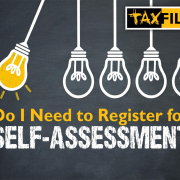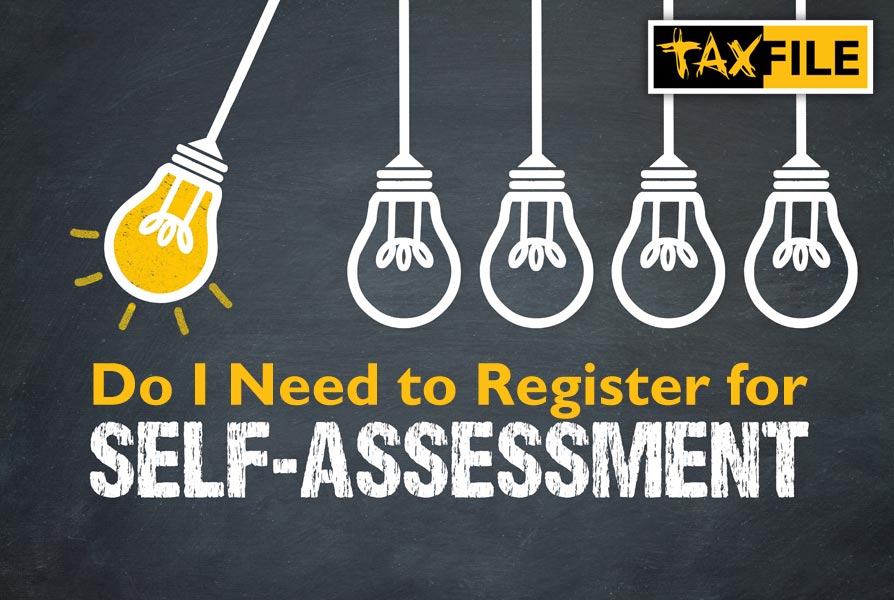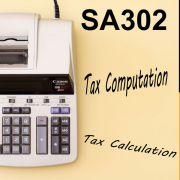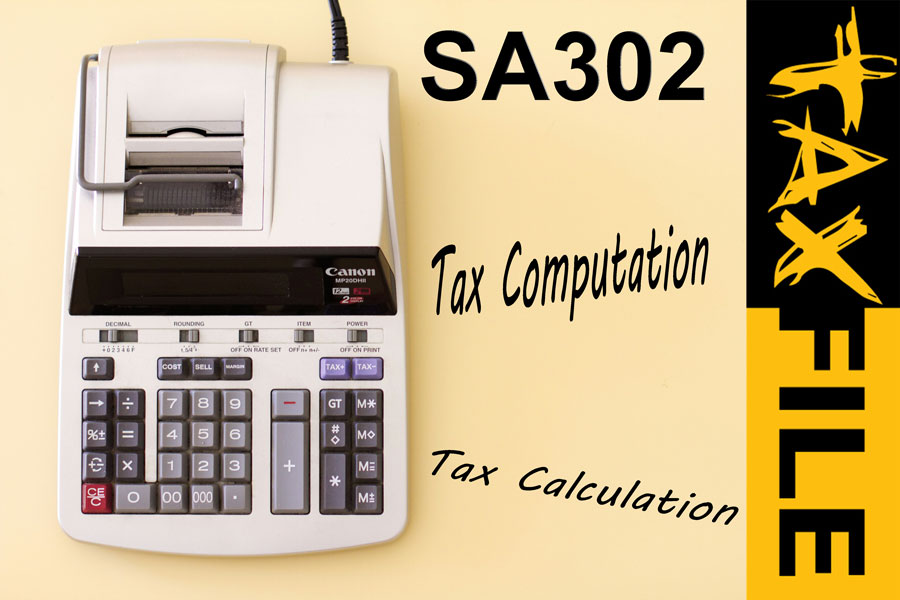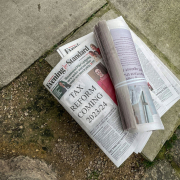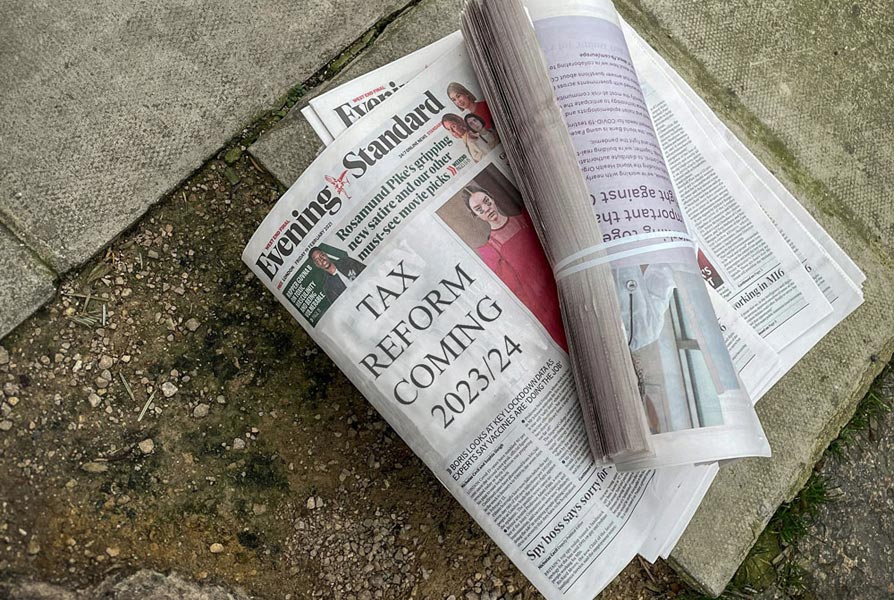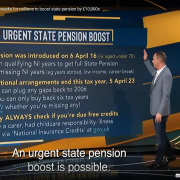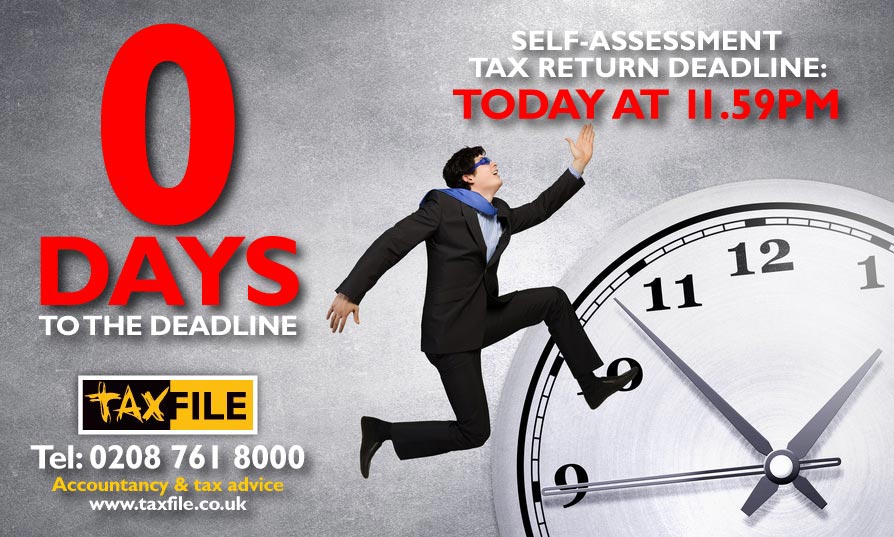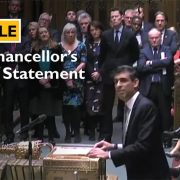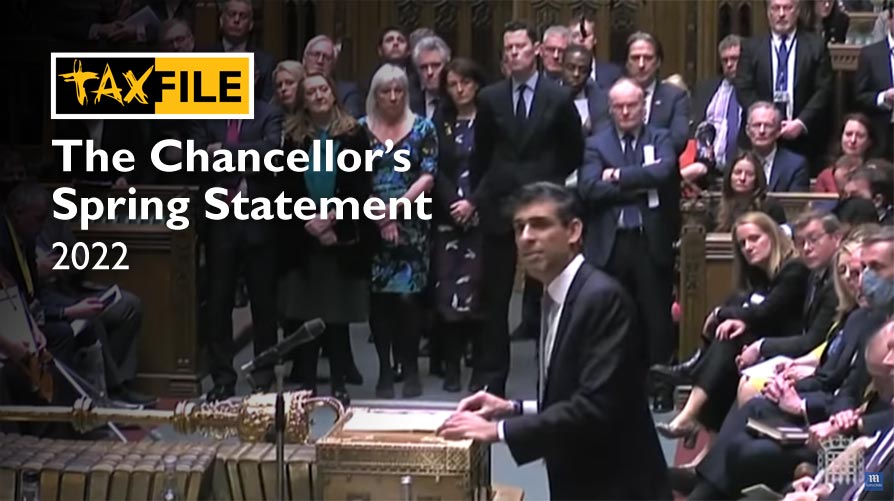Tax Refunds After Redundancy: Claiming Your Cash Back – A Taxfile Guide

If you’ve recently lost your job and are wondering how tax refunds on redundancy payments work and are considering claiming back tax you may have overpaid, you’ve come to the right place. Being made redundant is a challenging time, both emotionally and financially. Amongst the many adjustments, understanding your tax position might feel like an unwelcome extra burden. However, here at Taxfile, we know that many individuals who experience redundancy are actually due a tax refund or tax rebate. So, we’re here to cut through the jargon and help you get back what you’re owed.
Why You Might Be Due a Tax Refund After Redundancy
The PAYE Puzzle
The UK’s Pay As You Earn (PAYE) system is designed for a consistent annual salary. When your employment ends part-way through a tax year (which runs from 6th April to 5th April), your employer has likely been deducting tax based on the assumption you’d earn that full year’s salary. This often leads to an overpayment and a potential tax rebate after redundancy.
Here’s why this “PAYE puzzle” often results in an overpayment:
- Annual Tax Calculation: The Unfinished Year — Your Income Tax liability is calculated for the entire tax year. If your income stops or significantly reduces due to redundancy, your actual annual earnings will be lower than anticipated. This means you’ve paid too much tax upfront on income you ultimately didn’t earn for the full year.
- Emergency Tax Codes: A Common Culprit — Sometimes, a final payment or even the redundancy payment itself can be processed with an emergency tax code (like 0T M1). These codes deduct tax at a higher, non-cumulative rate, often leading to a larger tax deduction than necessary. It’s a “better safe than sorry” approach by HMRC that often means you’re overpaying.
- Income Below Personal Allowance: The Tax-Free Threshold — For the 2024/2025 tax year, most people have a Personal Allowance of £12,570 – this is the amount you can earn tax-free. If your total income for the year, including any taxable redundancy elements, falls below this threshold, you’ll have paid tax unnecessarily on earnings that should have been exempt.
Understanding Tax on Redundancy Payments
Unpacking Your Package
This is often the most confusing part, and it’s where many people miss out. Not all money you receive when leaving a job is treated the same way for tax. Knowing the difference is key to calculating your potential refund.
- The £30,000 Tax-Free Golden Rule — The first £30,000 of your genuine redundancy payment (compensation for loss of employment) is completely tax-free. This is a significant benefit designed to help individuals during this transition.
- What’s Taxable Above £30,000? Any portion of your redundancy payment that exceeds £30,000 is subject to Income Tax at your marginal rate. Crucially, this excess is not subject to National Insurance Contributions (NICs), which is an important distinction from regular earnings.
- Other Payments That Are ALWAYS Taxable (Beware the “Hidden Taxables”) — Be aware that some payments in your redundancy package are always taxable as normal earnings, regardless of the £30,000 threshold. These include:
- Payment in Lieu of Notice (PILON) — Whether it’s contractual or non-contractual, money paid instead of working your notice period is subject to Income Tax and National Insurance.
- Accrued Holiday Pay — Payments for any untaken annual leave.
- Outstanding Wages, Bonuses, or Commission — Any pay for work you’ve already done or earned.
- Restrictive Covenants — Payments for agreeing not to work for a competitor, for example.
| Taxfile Insight: It’s vital not to simply assume your employer has calculated everything correctly. Over or underpayments can occur, and it’s ultimately your responsibility to ensure you’re paying (and reclaiming) the right amount of tax. We’ve seen many cases where a simple check of the redundancy payslip reveals significant overpayments. |
The method for claiming back tax after redundancy largely depends on your individual circumstances. Here are the common routes:How to Claim Your Tax Refund
Your Options (And How Taxfile Can Help)
| Important Deadlines: Don’t Delay! You can generally claim a tax refund for up to four tax years after the end of the tax year in which you overpaid. For example, for the tax year ending 5th April 2021, the deadline to claim would have been 5th April 2025. Don’t leave money on the table! |
Beyond the Refund: What Else Should You Consider After Redundancy?
While getting your tax refund is important, redundancy can open up other financial considerations:
- Pension Contributions — If you received a significant redundancy payment, consider whether a portion could be paid into your pension. This can offer significant tax relief and boost your retirement savings.
- New Employment & Tax Codes — Ensure your new employer uses the correct tax code from your P45. If you don’t have one, they might put you on an emergency code initially, which could again lead to overpayments.
- Becoming Self-Employed? Redundancy often sparks a move into self-employment. If this is your plan, you’ll need to register with HMRC as a sole trader and understand your new tax obligations (e.g., Self Assessment, Class 2 & 4 NICs). Taxfile specialises in supporting self-employed individuals!
- Income Protection/Benefits — Review any income protection insurance you have, or explore eligibility for state benefits to bridge the gap.
- Financial Planning — This is an opportune moment to review your overall financial health, budget, and future goals.
Let Taxfile Take the Burden Off Your Shoulders
Navigating tax refunds after redundancy can be complex, especially during an already stressful period. At Taxfile, we have extensive experience helping individuals just like you claim back the tax they are owed quickly and efficiently.
Why choose Taxfile?
- Expert Guidance — We understand the nuances of redundancy payments and tax codes.
- Stress-Free Process — We can handle the paperwork and communications with HMRC on your behalf.
- Maximise Your Refund — We ensure you claim everything you’re entitled to, avoiding common pitfalls.
- Personalised Advice — Beyond the refund, we can offer guidance on your next financial steps, whether it’s understanding tax on a new job or navigating self-employment.

Don’t let overpaid tax remain with HMRC. Contact Taxfile today for a no-obligation chat about your redundancy tax refund. Let us help you claim your cash back and take one less worry off your plate.




